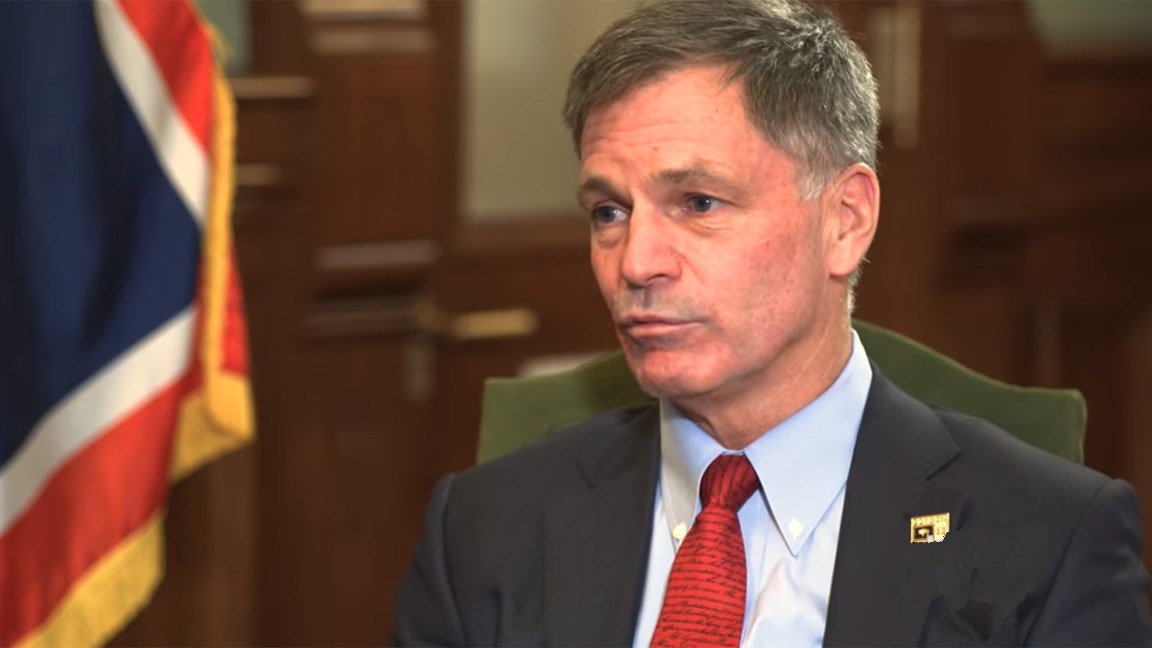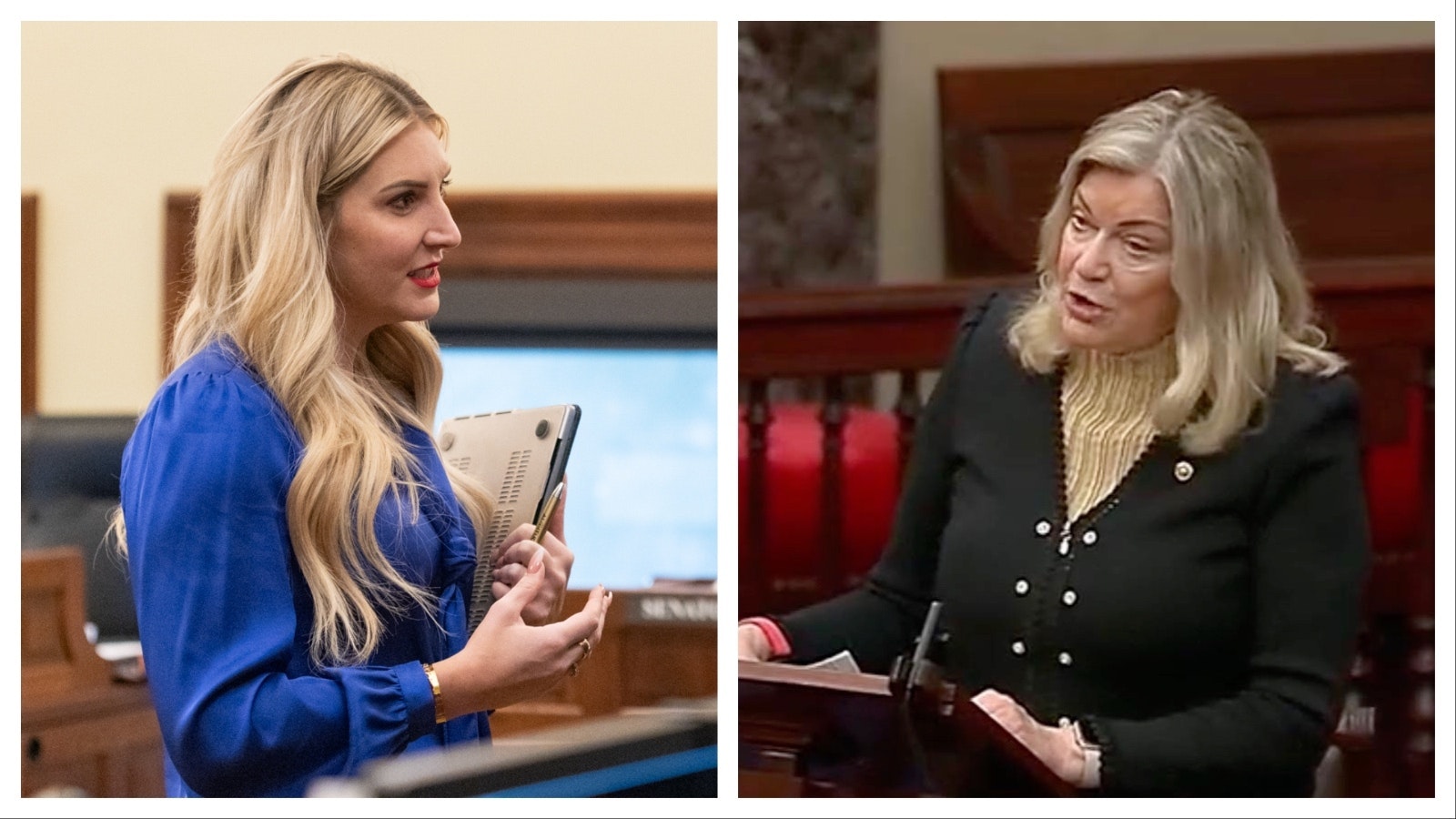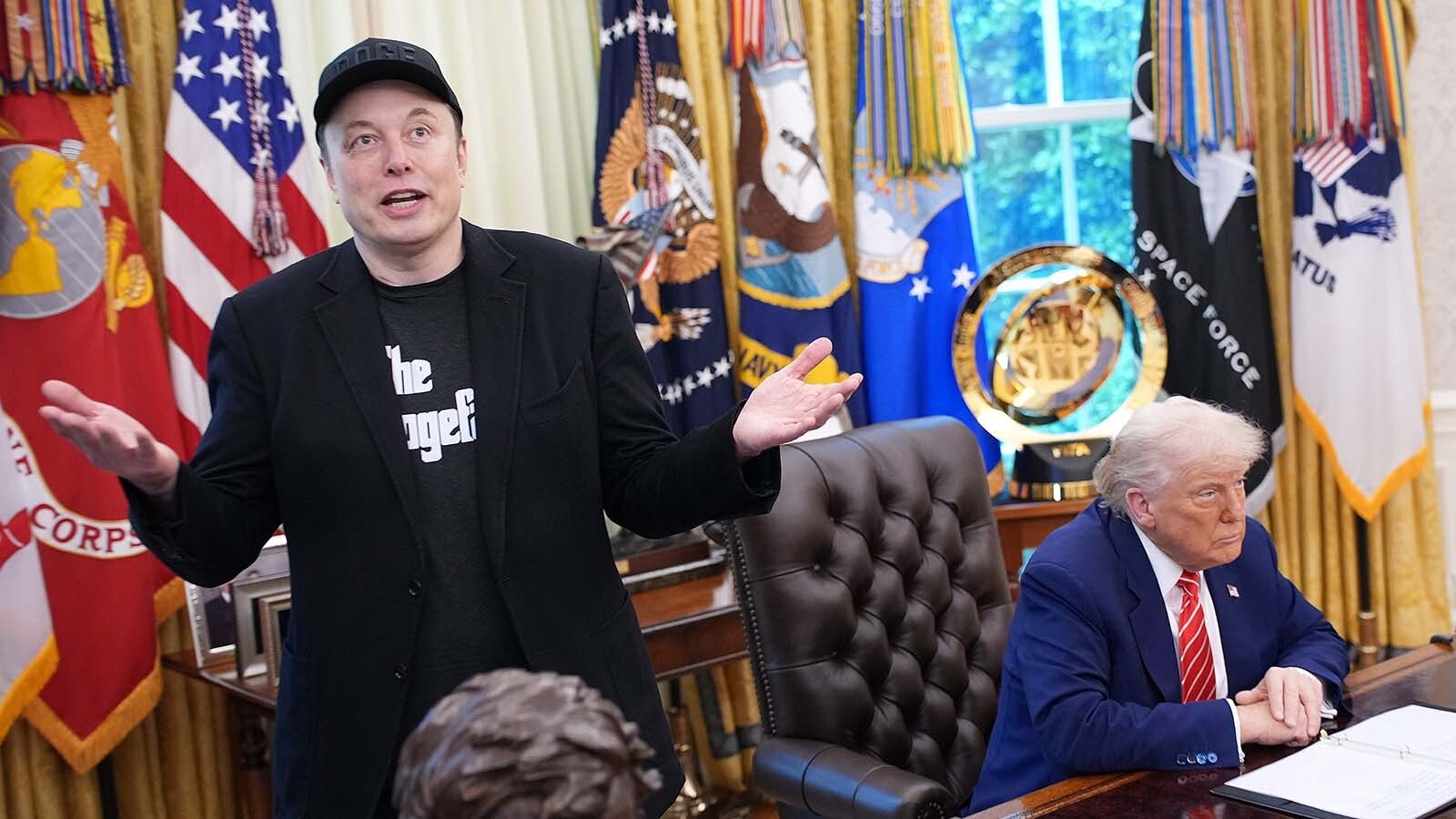It is time for the debate over Wyoming’s education system to move away from simple arguments over spending, so Gov. Mark Gordon will involve himself in the discussion, he said Thursday.
Gordon, discussing the recently completed general session of the Legislature, said the state has failed to address the “fiscal cliff” faced by its schools, largely because legislative discussions about funding problems have focused either on cutting spending or increasing taxes.
“I believe there is a third, perhaps more profitable approach, sort of taking a customer service approach,” he said. “What is it that our customers really want? What do our parents want from education, what do our businesses, what do our students want?
Gordon said he was disappointed lawmakers were unable to reach a compromise on school funding during the session that ended Wednesday.
According to state estimates, the state’s schools will face a funding shortfall of about $300 million a year, due largely to declining tax revenues from the state’s mineral sector.
Gordon said moving forward, he will take a role in the discussions, creating a group to focus on what services the state’s schools should be providing and then determining a budget to meet those needs.
“I think the discussion has moved from (what schools should deliver) to more of one that more money equals more education,” he said. “I’m looking at sending people out into the community … to get to know what people want from education.”
Gordon also said said he hopes the Legislature does not decide to use federal money awarded the state under the American Rescue Plan to make up shortfalls in state agencies.
The Legislature is expected to meet this summer to look at ways to spend the $1.1 billion the state is expected to receive from the program.
But Gordon said lawmakers should focus on how to solve the state’s financial problems in the long-term rather than use the federal funds for short-term relief.
“I really hope they don’t put off the substantial conversations that have to take place today, tomorrow and the next day to build that sustainable future,” he said.





